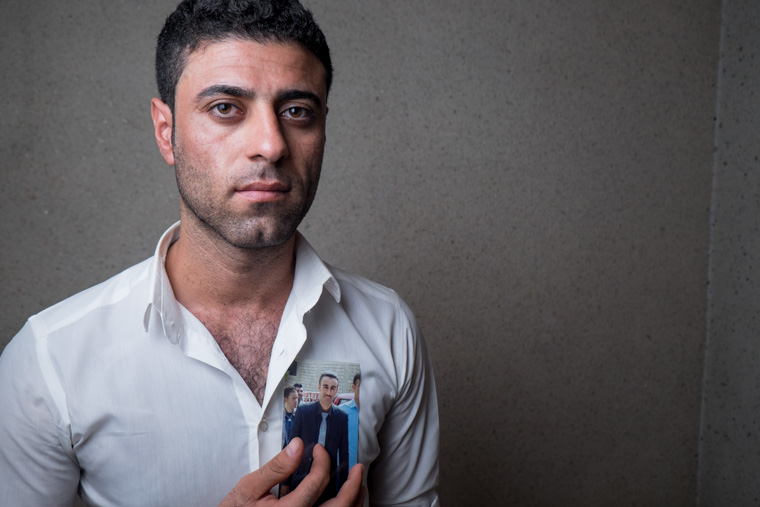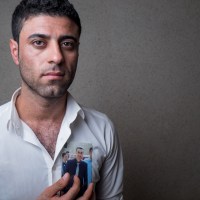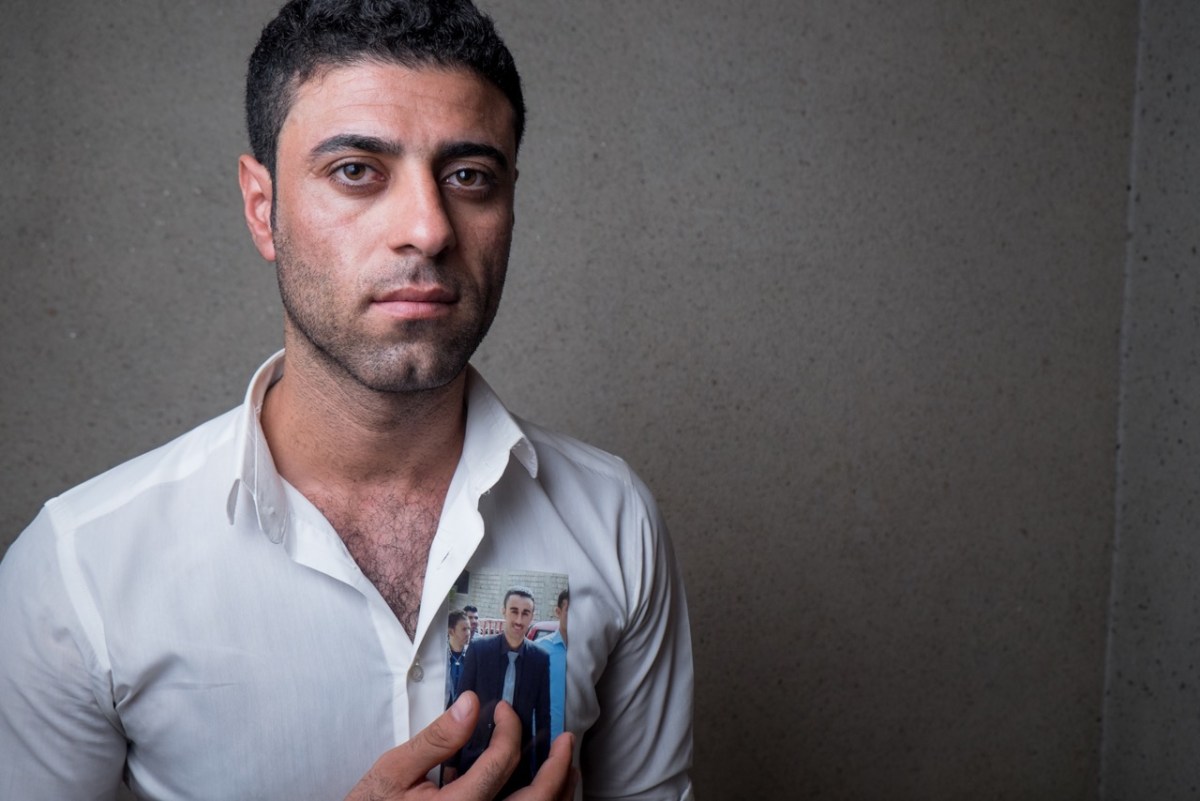
My friend Sinan and I are on the phone with a dying young man.
This 23 year-old Iraqi is not dying from a car crash or a bullet wound. He’s one of the estimated 50,000 Yezidis stranded on Sinjar Mountain who are dying of thirst, besieged by Islamic State militants.
“It is difficult to speak since I haven’t had water in three days,” the man wheezed through the line. “I am very weak. We don’t have anything—food, water, a place to sleep. We are eating the trees and their leaves. The [Kurdish] peshmerga hasn’t come, the Iraqi army hasn’t come, humanitarian aid hasn’t come. There are so many thousands of people here. I know at least 100 people have died already, many of them children.”
I could see Sinan—also a Yezidi and a friend of the man—becoming emotional, his bottom lip beginning to twitch. After we hung up, he began sobbing uncontrollably into his hands. Two of his friends came over and patted him on the back, offering the standard condolence: “God-willing, things will get better.”
When they left, Sinan whispered through his palms, “They can’t understand. They are Muslim. Their religion is big, they are not alone like we are.”

It took me a minute to understand what he meant, but he was right. And I can’t really understand either. As a Christian, it’s impossible for me or for our Muslim friends to truly understand life as a religious minority in the global sense—especially one as small and marginalized as the Yezidis.
Considered one of the oldest religions in the world, Yezidis are monotheists who believe God created the world and seven angelic beings to govern it. The most revered of these beings is Melek Taus, an angel whom Muslims and Christians often identify with Satan. The Yezidis’ devotion to a being considered by other religions to be evil led many (particularly Muslims) to deem them ‘satan worshippers’ and, ironically, Muslim and Christians alike have historically used that term to demonize Yezidis and to justify persecution against them.
By most estimates, there are only about 500,000 Yezidis left in Iraq, which means a significant number of their already-dwindling population is on that mountain now, dying.
We talked a little more and Sinan showed me the updates his friends and family members were sharing via their cell phones in real time, while under siege. “He was studying math at the university,” “She baked the best naan bread,” “This man’s daughter is missing,” he would say as he thumbed through Facebook.
Sinan finally stood up and pocketed his phone, saying he needed to go. He asked me to ‘tell America’ about his people and muttered something hopeful about the Yezidis in Europe coming to help. That optimism didn’t last, though, and he teared up just before turning to go.
“Maybe my people will be gone soon.”


